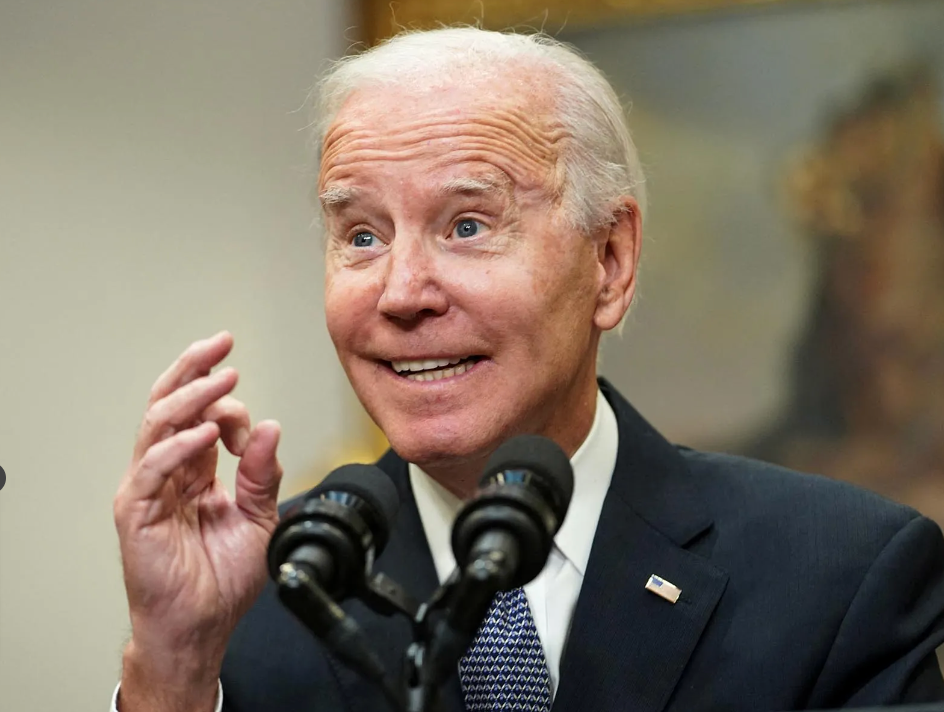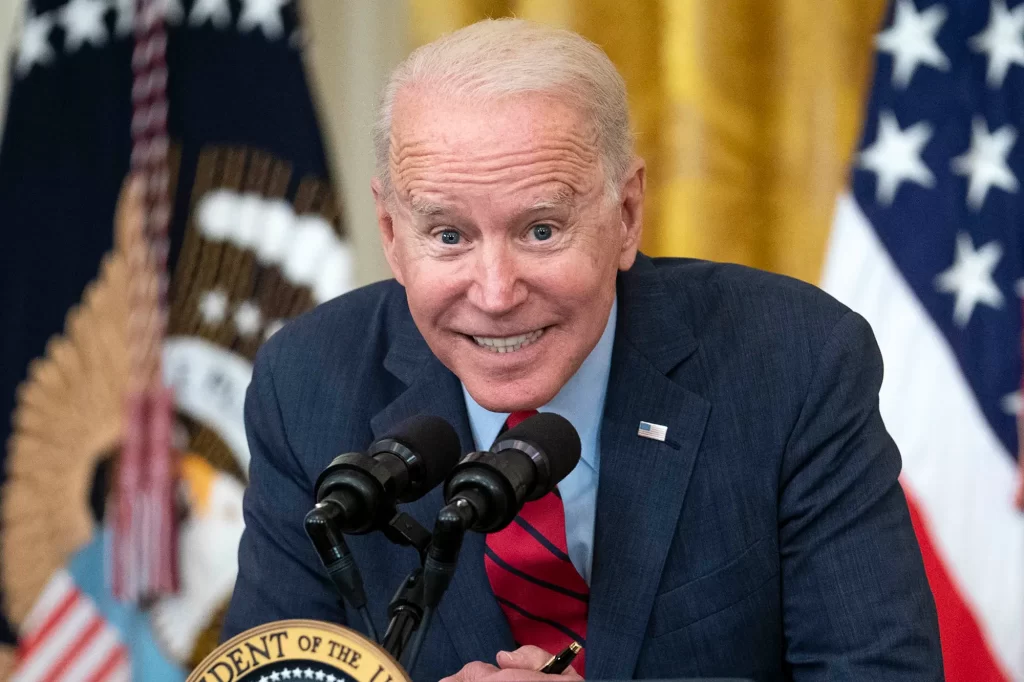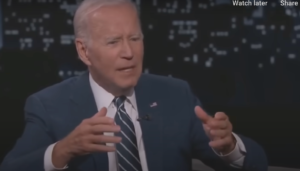“Cognitive Decline in Modern American Politics: A Not-So-Funny Reality”

Step into the tumultuous world of American politics, where the pace of cognitive decline among politicians rivals the speed of their promises. This is a realm where decision-making resembles the sharpness of a spoon, and the political landscape undergoes more transformations than a chameleon on a rainbow. Join us on an exploration of the concerning phenomenon of cognitive decline that is increasingly infiltrating modern American politics.
The Evolution of Political Prowess:
Recall the bygone era when politicians were distinguished by their sharp intellects, debates were animated, and political discussions were battles of wit. Those days are now distant memories, akin to the fading echoes of speeches delivered by some of today’s leaders. We find ourselves in an age where cognitive decline is as prevalent in politics as filibusters in the Senate.
Historically, political discourse thrived on eloquence, intellectual prowess, and the ability to engage in nuanced discussions. However, recent times have witnessed a noticeable decline in the cognitive abilities of certain politicians. This decline manifests in forgetfulness during speeches, difficulties articulating thoughts, and an overall reduction in mental acuity.
The Public’s Vigilance:
Armed with the tools of social media and alternative news sources, the public has assumed the role of cognitive health inspectors, meticulously scrutinizing every “um,” “ah,” and “I forgot” uttered by elected officials. Once revered figures in the political arena are now subject to public scrutiny and skepticism regarding their cognitive fitness. The proliferation of alternative media and the democratization of information have empowered the public to question the cognitive health of their leaders like never before.
Deciphering Cognitive Decline:

Cognitive decline can be likened to an unwelcome party guest who overstays their welcome—a gradual deterioration of cognitive functions, including memory, attention, and decision-making. While forgetting where you placed your keys is a common occurrence, it becomes more disconcerting when leaders forget their own policies.
It’s essential, however, not to overreact. Occasional forgetfulness is a natural aspect of aging, akin to developing wrinkles or embracing early bedtimes. Yet, when forgetfulness transcends the occasional and ventures into significant memory loss or confusion, it warrants genuine concern.
A Thoughtful Conclusion:
As we navigate this rollercoaster of cognitive decline in modern American politics, fasten your seatbelts for what promises to be an unforgettable journey—hopefully for the right reasons. Amid the apparent humor lies a serious message: a call for heightened attention to the cognitive health of our leaders in the interest of our democracy. For, indeed, a leader who forgets may inadvertently forget to lead. Now, wouldn’t that be something to ponder?









